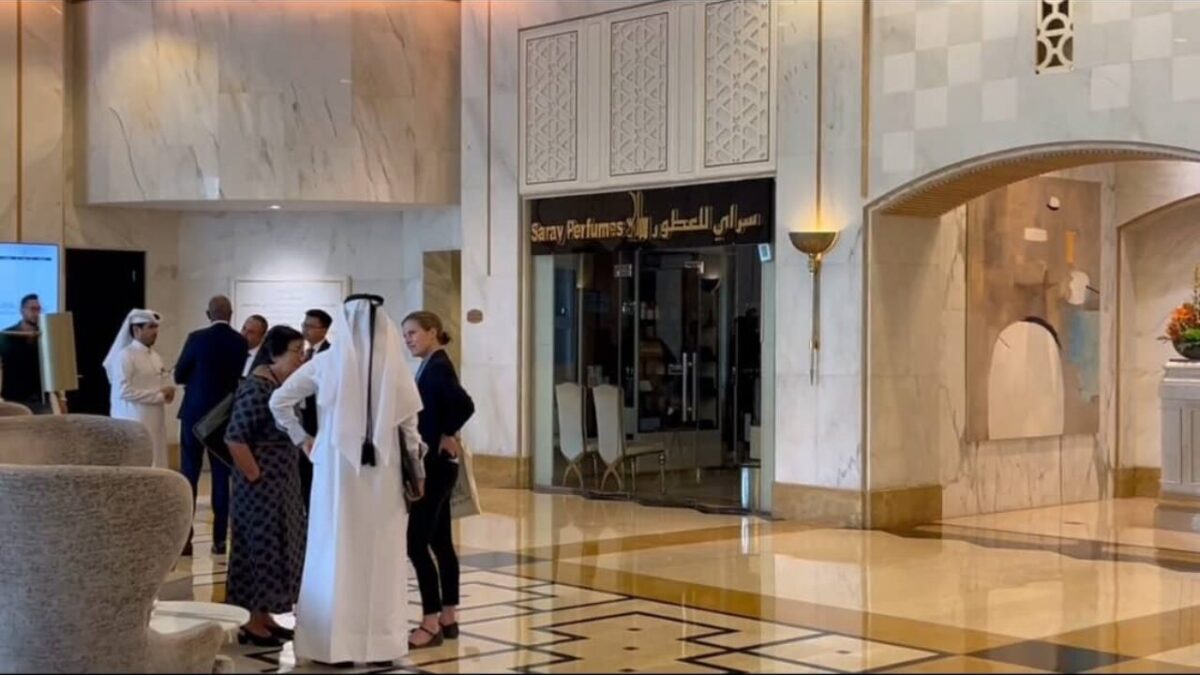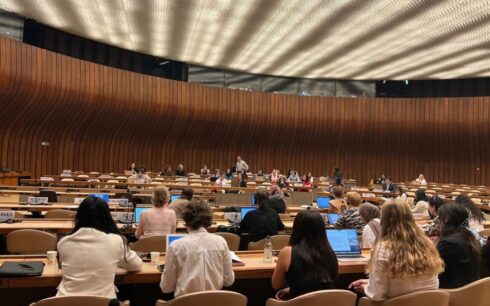The U.S. Institute for Peace (USIP) described the exclusion of women’s rights from the public agenda of the latest Doha meeting as an unnecessary concession to the Taliban. In an analysis, USIP expert Andrew Watkins explained that this omission was an attempt at compromise.
Watkins noted that the third Doha meeting did not produce decisive outcomes, aside from the “commitment of all countries to continue such meetings — still a significant agreement in the current geopolitical climate.” He also highlighted criticisms from Western donor states and human rights defenders regarding the U.N.’s inclusion of the Taliban.
“In preparations for the third gathering, the U.N. took pains to persuade the Taliban that attending was in their best interests,” Watkins said. He added that the Taliban’s demands largely reiterated their positions from the second Doha meeting. “Notably, the U.N. offered an agenda that seemed tailored to the Taliban’s interests — as well as those of neighboring states and regional powers like China and Russia,” he said.
Watkins pointed out the lack of civil society representation at the main event, especially the absence of Afghan women, which drew significant backlash. This negative publicity complicated the positions of participating Western states. He revealed that while some nations disagreed with details of the U.N.’s approach, they were willing to give the U.N. room to maneuver.
“Their complaint was structural,” Watkins wrote, citing frustrations with a lack of U.N. coordination and communication of goals and strategy. In the weeks leading up to the meeting, donor state officials expressed doubts about the U.N.’s strategic direction for this meeting format.
Less than two weeks before the third Doha meeting, a group of major donors, including the U.S., drafted a collective communique to the U.N. Although not publicly released, the leaked letter sternly criticized both the substance and planning process of the meeting. “The signatories emphasized the importance of not marginalizing Afghan civil society and noted domestic political demands to hold the Taliban accountable on human rights,” Watkins added.
According to Watkins, one Western official perceived that regional countries’ interests seemed to carry more weight in the U.N.’s decision-making than those of the largest donors supporting aid and development in Afghanistan. This letter implicitly threatened that donor states might scale down their participation in the gathering unless there was engagement with civil society.
Some U.N. officials privately noted that they intended to involve civil society similarly to the second Doha meeting, but it required careful negotiation with the Taliban to ensure their participation.
The Doha process began with a meeting in May 2023, followed by a second round in February this year. The third Doha meeting took place from June 30 to July 1, chaired by U.N. Undersecretary-General for Political Affairs Rosemary DiCarlo, unlike the previous two meetings chaired by U.N. Secretary-General António Guterres.





